“Something is going on here.” – Voices from Fresno
Share this page:
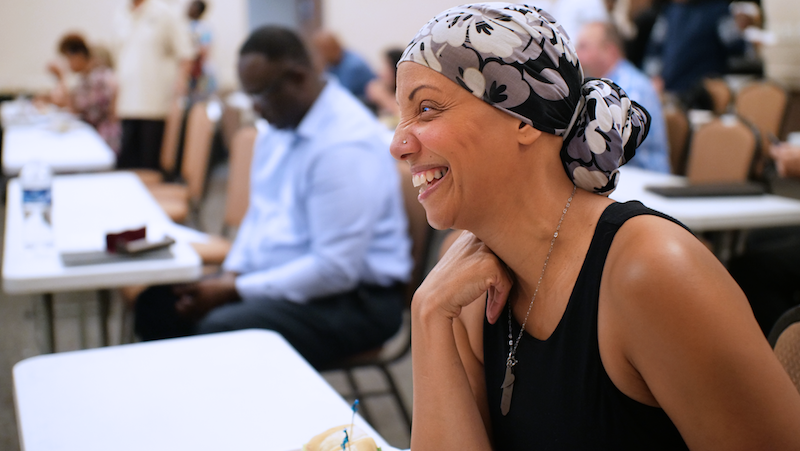
Far too often, decisions are made from the top down that affect hardworking people across the state. This campaign has always been about families first, which is why we’re committed to listening before we talk. We want to learn what’s truly working—and what isn’t—so we can create a comprehensive plan that ends deep child poverty once and for all.
Last week it was great to be in Fresno for the second in a series of community meetings to hear from Californians. Thanks to our hosts at the Fresno Economic Opportunities Commission, the Lifting Children and Families Out of Poverty Task Force (on which I serve as co-chair) attracted a standing-room-only crowd committed to sharing their experiences and ideas for ending child poverty. Over 100 community members and 30 organizations came together for an honest conversation and I was honored to be in the room.
Here are some of the people we heard from.
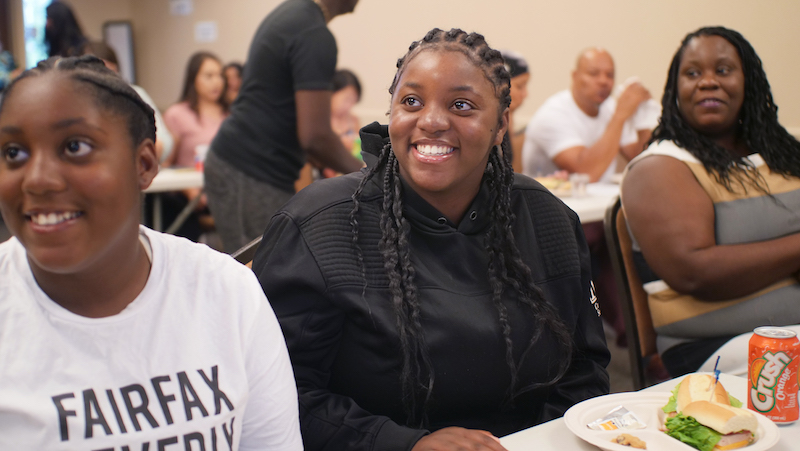
“Hearing about the poverty rate in California makes me want to do something. When you see homelessness on the street, you think: ‘How can we help?’”
It was inspiring to see young people like Jourdan (above, center) and her sister Alyssa come out to make their voices heard. When youth speak out for themselves, great things happen.
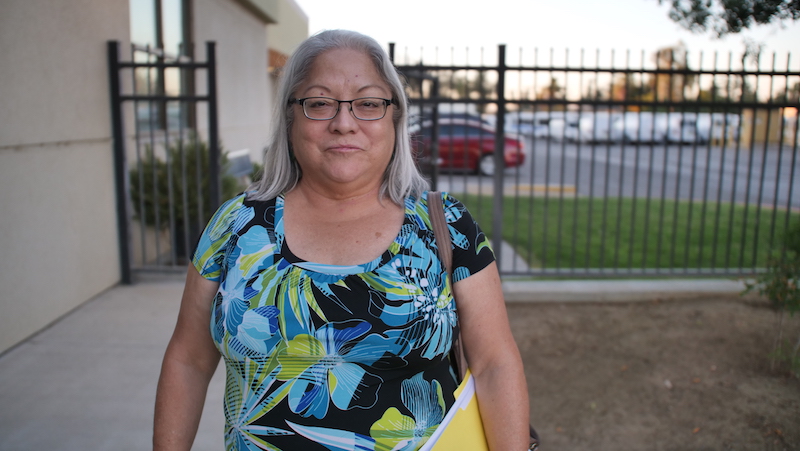
“My vision for a better California is one job per person instead of three. When I was growing up, the fast food industry was for kids. Now it’s for grandmas.”
Gloria Hernandez is a mental health advocate and volunteer in the Central Valley who had brought a list of dozens of points she wanted to make throughout the night. This was one of them: Through education, entrepreneur grants, and workforce training, we can elevate working families to something better than living paycheck-to-paycheck. That opens up the early job experiences youth need to become healthy, independent adults.
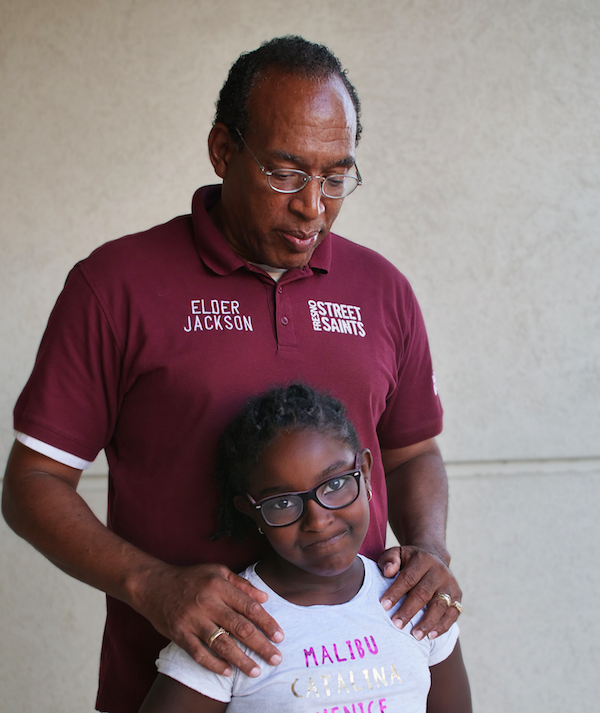
“Half of the battle is at home. The students come to school mad and the teachers have no idea why. We need to help them heal first.”
Elder Jackson of Fresno Street Saints brought his entire family, including his daughter Jayden, to share their experience. All too often, he’s seen kids deal with the trauma of poverty quietly and on their own. We need to think about what’s holding kids back from excelling in school—it may be outside the classroom. We also need to provide the kind of multigenerational support to parents and children that truly lifts families up and helps them thrive like the Jacksons.
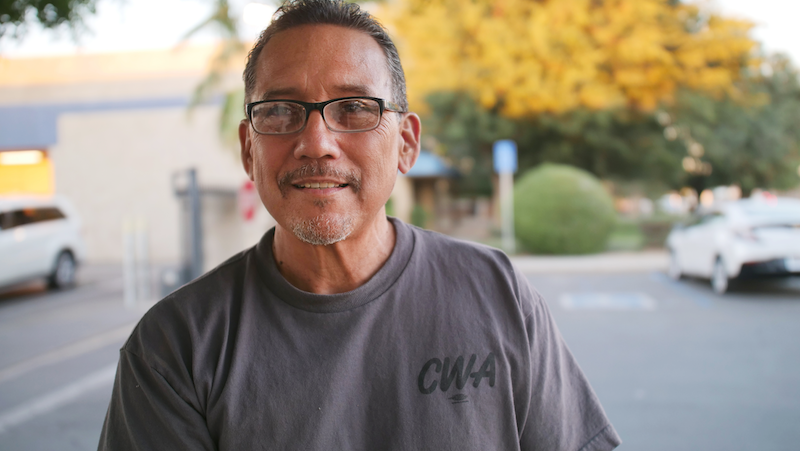
“As a foster parent, I’ve seen kids come into my home where the kind of abuse and condition they come from is pretty hard to believe. Something is going on here.”
After climbing telephone poles all day for a local telecom company, Stan Santos spends “every other waking hour” helping people in need as an immigration advocate and foster parent. He’s exactly the type of person who provides the spark for our movement. His point is backed up by numbers, too. Over 60% of child sex trafficking victims come out of the foster care system. We have to step up for our most vulnerable youth and extend the care and benefits that help foster kids stand on their own two feet after they leave the system.
What’s next? We have another community meeting coming up in Oakland, and we’ll continue to ask Californians for their thoughts on how we build a plan from the ground up.
For now, Assemblyman Dr. Joaquin Arambula of the Central Valley said it best: “It’s not up to us to come up with all the answers. It’s up to us to be the vehicles of change.” The AB 1520 Task Force is listening to the voices of Californians like these to help create a plan to end deep child poverty in California.
To get the plan working, we need 100,000 concerned Californians fired up about fighting this fight. Be a vehicle of change. Tell your friends and family to join and grow the movement. We can do this together.
Sincerely,
Conway Collis
End Child Poverty in California